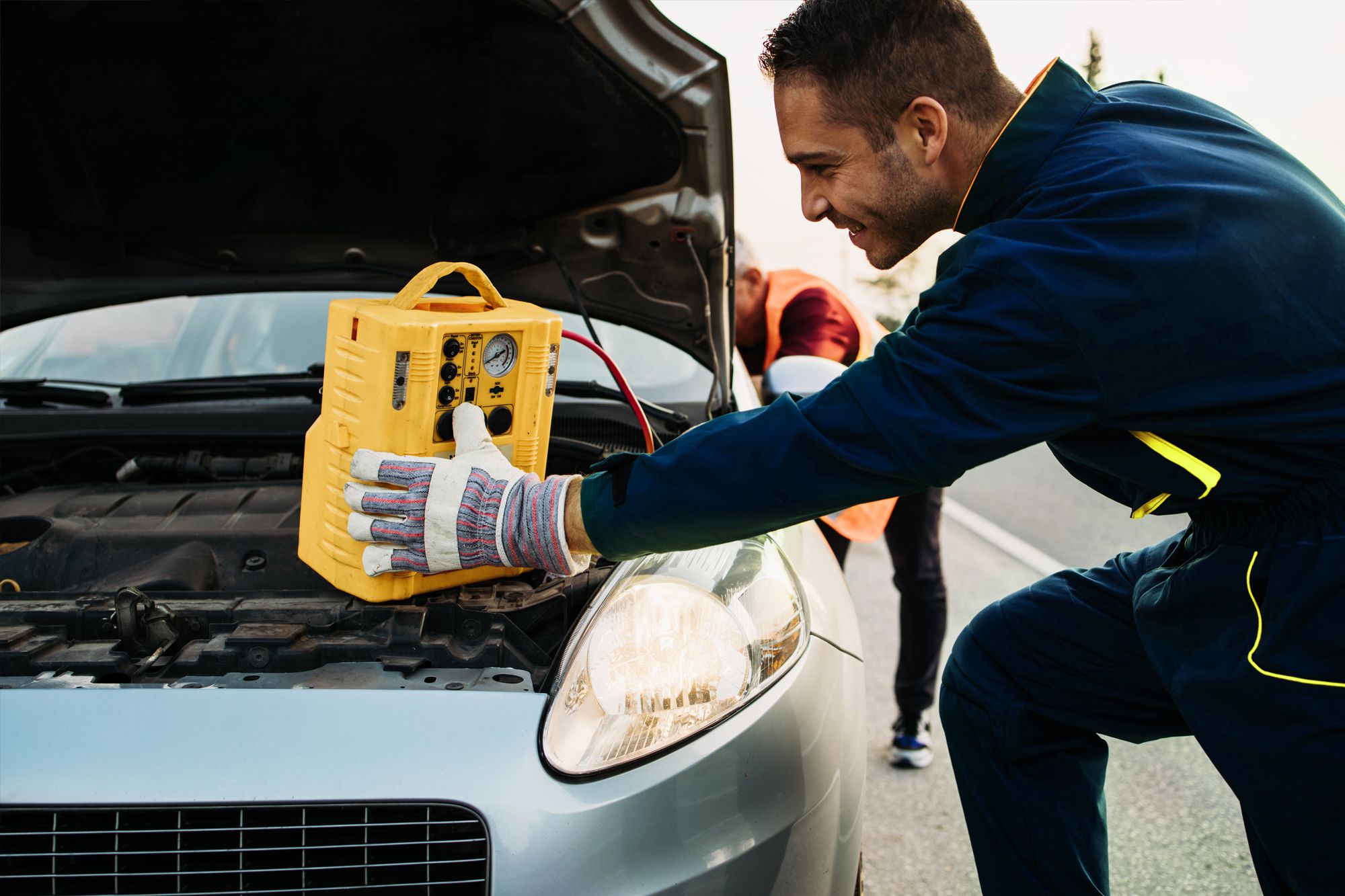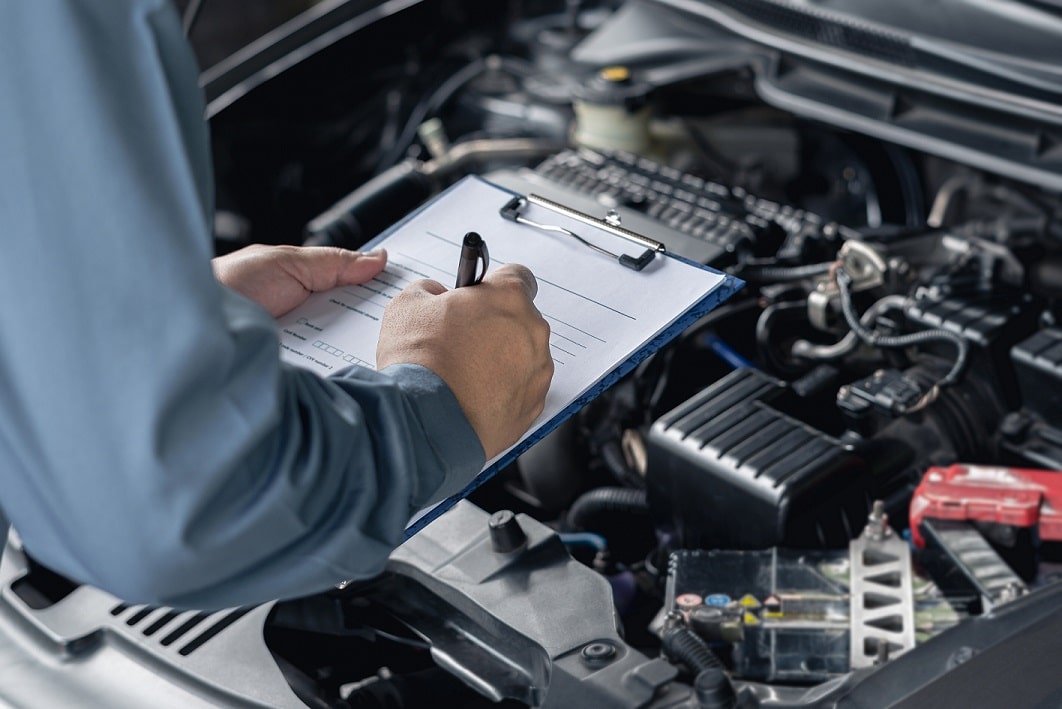All Categories
Featured
When your cars and truck begins to get too hot, it can be a frightening and difficult situation. Understanding exactly how to respond in these moments and taking steps to stop future overheating can assist protect your vehicle and avoid pricey fixings. If your auto overheats and how to avoid it from taking place once more., below's what to do.
If Your Vehicle Overheats,What to Do. Draw Over and Turn Off the Engine The very first point you should do if your cars and truck starts to overheat is to draw over to a safe location, such as a car park great deal or the shoulder of the road. Transform off the engine quickly to stop additional damages. Running an overheated engine can cause irreversible damage to the interior parts, including the radiator and cylinder heads.
Enable the Engine to Cool off After shutting off the engine, give it time to cool down. Opening the hood can assist launch warmth, however beware as the engine and bordering areas might still be very warm. Wait a minimum of 15-20 minutes before trying any further activities.
Examine the Coolant Level Once the engine has cooled, examine the coolant level. Never open the radiator cap while the engine is hot, as this can cause warm coolant to spray and burn you.
Examine for Leakages or Broken Tubes While you are examining the coolant degree, check for any kind of visible leaks or damaged tubes under the hood. Split or broken hoses can trigger coolant to leakage out, leading to a getting too hot engine. If you identify any type of problems, you might need to call for roadside assistance or a tow to obtain the automobile to a technician.
Require Support If you can't determine the reason for the getting too hot or the concern lingers after rounding off the coolant, it's ideal to require roadside support. Driving with an overheated engine can create serious damage to your cars and truck and leave you stranded.
![]()
Just How to stop Your Vehicle from Overheating. Examine Coolant Degrees Consistently Among the main sources of overheating is reduced coolant degrees. Make it a practice to examine your coolant levels consistently and top them off if needed. Describe your vehicle's manual for the suggested coolant combination and maintenance intervals.
Check Your Radiator Your radiator plays an important function in keeping the engine cool. Ensure there are no clogs or debris obstructing air movement via the radiator. If your radiator is obstructed or harmed, it may not work properly, causing getting too hot.
Maintain Your Cooling System The cooling system ought to be purged and filled up periodically. In time, coolant can end up being contaminated or lose its efficiency. Follow the manufacturer's suggestions for purging the system, typically every 30,000 to 50,000 miles.
Monitor the Thermostat and Water Pump The thermostat controls the temperature of the engine, while the water pump flows coolant with the engine. It can create the engine to overheat if either of these elements fails. Have your auto mechanic check the thermostat and water pump throughout routine upkeep.
Avoid Overloading the Automobile Overloading your car, specifically on hot days or lengthy journeys, can stress the cooling and the engine system. Be mindful of your vehicle's weight restrictions and try to stay clear of carrying heavy tons, especially when driving in severe temperature levels.
Drive with Care Aggressive driving, such as speeding or fast acceleration, can increase engine stress and anxiety and heat manufacturing. Reduce, especially on hot days or when driving up high slopes, to lower the risk of getting too hot.
![]()
Final thought. If your auto overheats can protect against additional damage to your engine and aid you handle the circumstance safely, understanding what to do. By consistently inspecting your coolant levels, checking the radiator and hoses, and preserving the cooling system, you can lower the danger of overheating. With positive treatment and proper upkeep, your car will certainly remain in good problem, guaranteeing you remain risk-free and prevent expensive fixings later on.
If Your Vehicle Overheats,What to Do. Draw Over and Turn Off the Engine The very first point you should do if your cars and truck starts to overheat is to draw over to a safe location, such as a car park great deal or the shoulder of the road. Transform off the engine quickly to stop additional damages. Running an overheated engine can cause irreversible damage to the interior parts, including the radiator and cylinder heads.
Enable the Engine to Cool off After shutting off the engine, give it time to cool down. Opening the hood can assist launch warmth, however beware as the engine and bordering areas might still be very warm. Wait a minimum of 15-20 minutes before trying any further activities.
Examine the Coolant Level Once the engine has cooled, examine the coolant level. Never open the radiator cap while the engine is hot, as this can cause warm coolant to spray and burn you.
Examine for Leakages or Broken Tubes While you are examining the coolant degree, check for any kind of visible leaks or damaged tubes under the hood. Split or broken hoses can trigger coolant to leakage out, leading to a getting too hot engine. If you identify any type of problems, you might need to call for roadside assistance or a tow to obtain the automobile to a technician.
Require Support If you can't determine the reason for the getting too hot or the concern lingers after rounding off the coolant, it's ideal to require roadside support. Driving with an overheated engine can create serious damage to your cars and truck and leave you stranded.

Just How to stop Your Vehicle from Overheating. Examine Coolant Degrees Consistently Among the main sources of overheating is reduced coolant degrees. Make it a practice to examine your coolant levels consistently and top them off if needed. Describe your vehicle's manual for the suggested coolant combination and maintenance intervals.
Check Your Radiator Your radiator plays an important function in keeping the engine cool. Ensure there are no clogs or debris obstructing air movement via the radiator. If your radiator is obstructed or harmed, it may not work properly, causing getting too hot.
Maintain Your Cooling System The cooling system ought to be purged and filled up periodically. In time, coolant can end up being contaminated or lose its efficiency. Follow the manufacturer's suggestions for purging the system, typically every 30,000 to 50,000 miles.
Monitor the Thermostat and Water Pump The thermostat controls the temperature of the engine, while the water pump flows coolant with the engine. It can create the engine to overheat if either of these elements fails. Have your auto mechanic check the thermostat and water pump throughout routine upkeep.
Avoid Overloading the Automobile Overloading your car, specifically on hot days or lengthy journeys, can stress the cooling and the engine system. Be mindful of your vehicle's weight restrictions and try to stay clear of carrying heavy tons, especially when driving in severe temperature levels.
Drive with Care Aggressive driving, such as speeding or fast acceleration, can increase engine stress and anxiety and heat manufacturing. Reduce, especially on hot days or when driving up high slopes, to lower the risk of getting too hot.

Final thought. If your auto overheats can protect against additional damage to your engine and aid you handle the circumstance safely, understanding what to do. By consistently inspecting your coolant levels, checking the radiator and hoses, and preserving the cooling system, you can lower the danger of overheating. With positive treatment and proper upkeep, your car will certainly remain in good problem, guaranteeing you remain risk-free and prevent expensive fixings later on.
Latest Posts
Explore Premier Vehicle Maintenance Care in Chicago – Quality Service Today
Published en
1 min read
Learn How WyHy FCU Maximizes Your Savings on Financing and Accounts
Published en
1 min read
Take Advantage of Limited-Time Auto Repair Offers in Chicago at Montclare Auto Repair
Published en
1 min read
More
Latest Posts
Explore Premier Vehicle Maintenance Care in Chicago – Quality Service Today
Published May 27, 25
1 min read
Learn How WyHy FCU Maximizes Your Savings on Financing and Accounts
Published May 27, 25
1 min read
Take Advantage of Limited-Time Auto Repair Offers in Chicago at Montclare Auto Repair
Published May 24, 25
1 min read